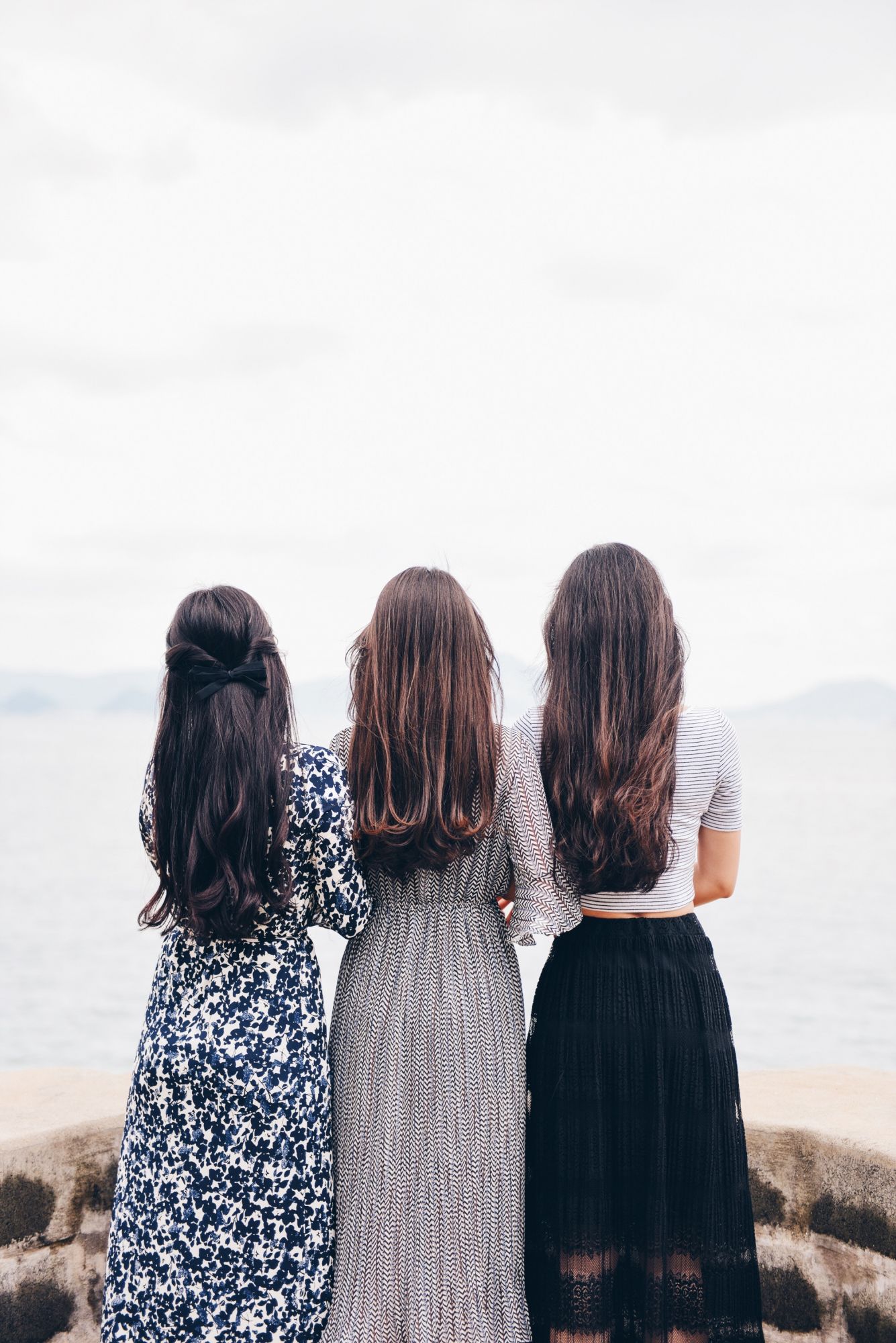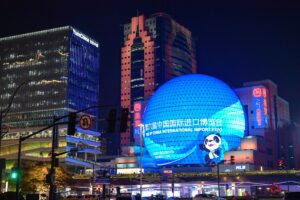
Across Asia, there is a growing backlash against a culture of laborious skincare regimes, ubiquitous plastic surgery and the pressure to look perfect
Everybody wants to look beautiful when they step out of the door in the morning. But what happens when the pressure to be beautiful becomes too much?
Feminists all over the world fight against objectification, but in many parts of Asia there is an urgent need for change, as some women face unrealistic beauty standards that call for them to spend hours each morning applying make-up, and another hour before bed on 10-step skincare routines.
These rigid standards are well known, especially in countries like South Korea, where there is intense pressure for women to have porcelain skin, sharp chins, and big, doll-like eyes. To get there, there’s a burgeoning ‘K-beauty’ industry that has become a global sensation, and a culture of plastic surgery that has become so normalised that a third of all Korean women have gone under the knife.
“The high-speed industrialisation of the 1970s and ‘80s that took us from a poor country to the eleventh largest economy in the world is the reason for this,” says Haesoon Jung, the director of fashion website, Styleintelligence. “The nation became obsessed with self-improvement and uniformity—there were even regulations for skirt lengths for women up until the 1970s. There was no space for individual human rights amid all this.”
South Korea may be known as the plastic surgery hub of Asia, but China is snapping rapidly at its heels. SoYoung—the marketplace app connecting prospective patients with clinics and other users—made its Nasdaq debut in early May. The Beijing-based “Yelp for plastic surgery” saw its shares surge up to 44 percent on the first day of trading, before settling at 32 percent higher than its offer price.
Social media, pop culture and the country’s fixation on selfies have all played their part in a nationwide epidemic of beauty dysmorphia. Meitu’s photo doctoring app Meitu Xiu Xiu, has been described by the New Yorker as having “almost literally transformed the face of China.” Meanwhile, viral short video and live-streaming apps such as Douyin (known outside of China as Tik Tok) have made it imperative to look good in motion.
China’s rigid beauty standards, which are similar to South Korea’s, are slow to change. This was brought to the fore when a backlash emerged against Zara’s campaign, which featured barefaced and freckled model Li Jingwen, who members of the public decided looked ‘ugly’. Similarly, in Korea, late last year, a television presenter made headlines for the radical act of wearing glasses on the air, a look that is unheard of for women in the public eye.
“There is a lot of anger over the rampant problem of ‘lookism’ in Korean and Chinese society —photos need to be submitted with CVs and a woman’s beauty is tied directly to her career success,” says Elizabeth Flora, the Asia editor of intelligence firm L2. “Women aren’t just adopting extensive beauty routines and getting plastic surgery for the sake of looking good – they have an economic imperative to do so.”
In Korean white-collar firms, government offices and the service industry routinely ask applicants for photographs. A recent survey of more than 900 businesses by the South Korean job website Incruit found that about 60 percent required one.
In China, jobs ranging from government work to nursing also insist you attach a photograph to your CV—and often require women to look a certain way in the job description, even when the role at hand has very little to do with physical appearance.
But feminists have had enough. In Korea, women have started posting videos on social media of destroyed piles of cosmetics and graffitied plastic surgery clinics with the hashtag, “Escape the corset”, which draws parallels between culturally enforced beauty practices and the constrictive clothing women wore for centuries.
Particularly popular on Instagram are ‘before and after’ photos, showing individual transitions from the societally acceptable ‘perfect woman’, complete with long hair, sexualised clothing and heavy make-up, to an often barefaced, cropped-haired version of themselves in loose jeans.
Some argue that women’s rights in these countries have lagged behind other developed countries because of Confucianism. “In the teachings of Confucius, women are supposed to be under the rule of their father and husband and that concept has been followed very literally here in Korea,” says Jung. “However, as the country becomes more open to international viewpoints, we will lose this mindset, and with it the suffocation of ‘perfect beauty’.
There is the unspoken rule: always look good and dress up to please, especially in client-facing roles
— Pocket Sun
Although before we lay too much of the blame on Asian culture, it is important to remember that women the world over face discrimination for their appearance in ways men do not. “Having lived in both cultures I would say they’re not that different,” says Pocket Sun, the China-born, California-educated and Singapore-based venture capitalist. “While it is more subtle, there is a similar kind of unspoken rule that women have to follow in America as there is in Asia: always look good and dress up to please, especially in client-facing roles.”
And this quiet acceptance of the all-importance of female appearance is why movements such as #MeToo and #EscapeTheCorset are so important. “We are all too used to feeling ashamed of our faces and bodies, but this movement is changing that,” says Jung. “We are still trying to live up to this very high standard of female beauty, but as women’s voices become louder everywhere, we are learning that we have a choice. Looking perfect is unpaid labour and we have had enough.”

